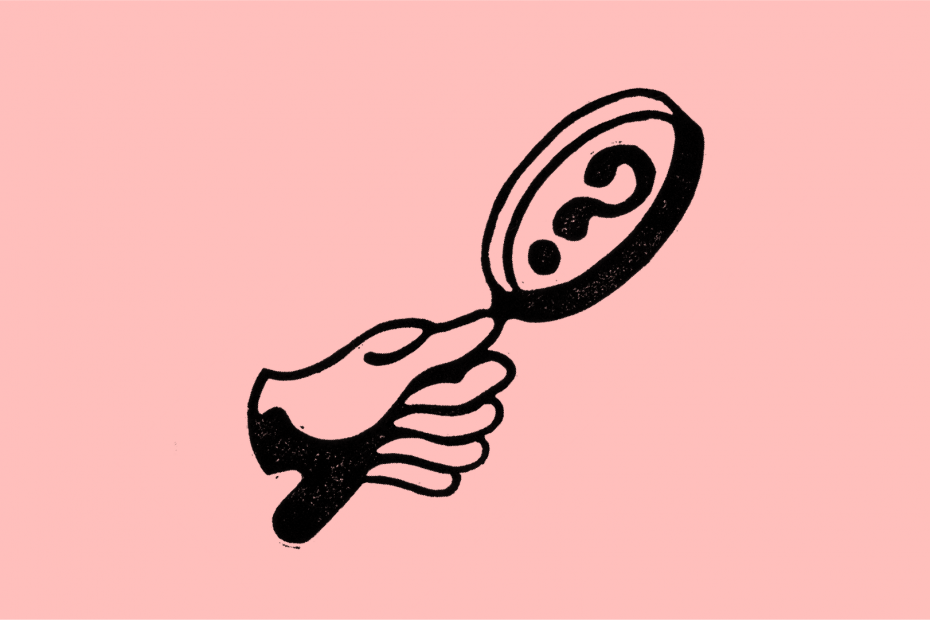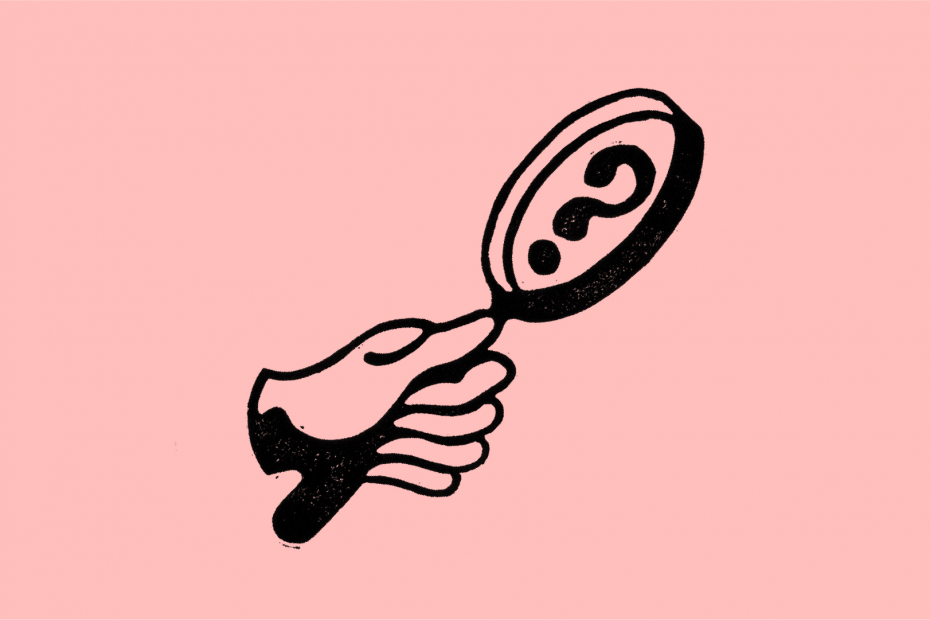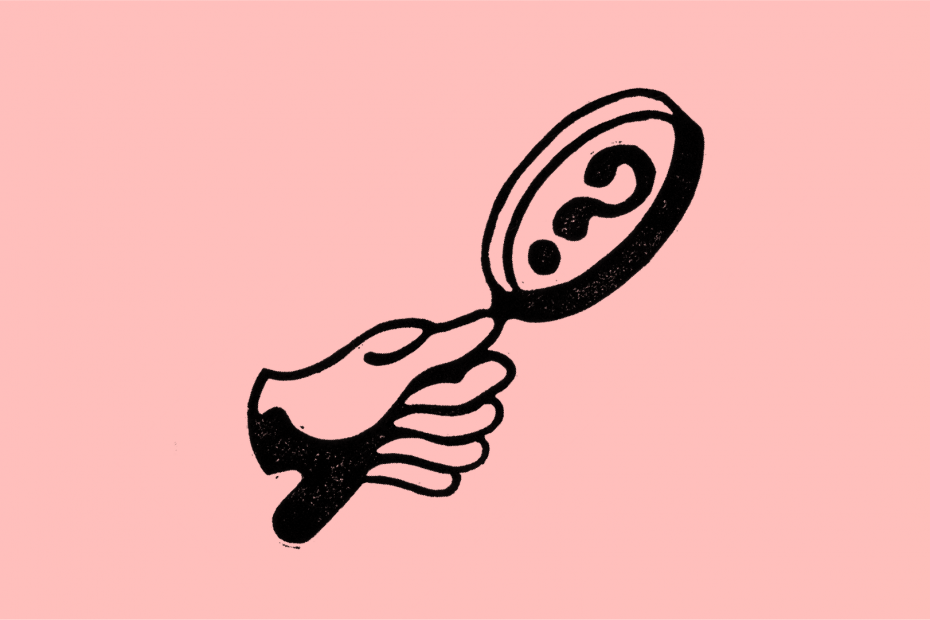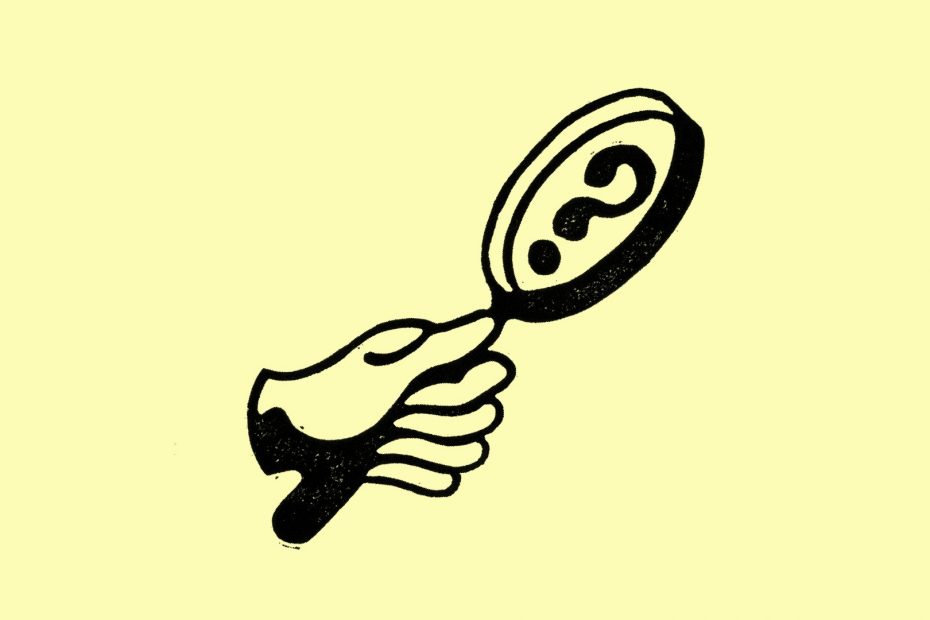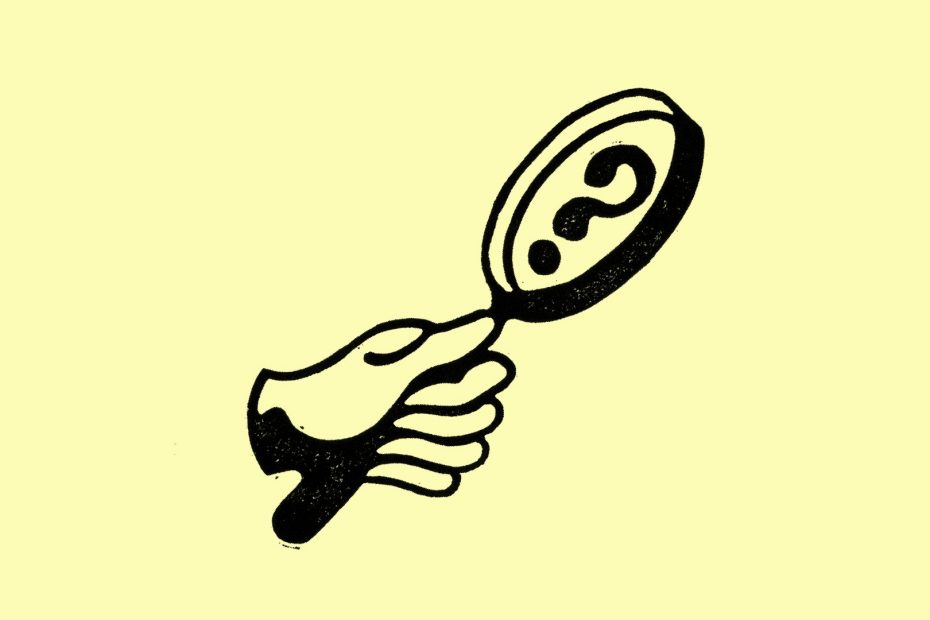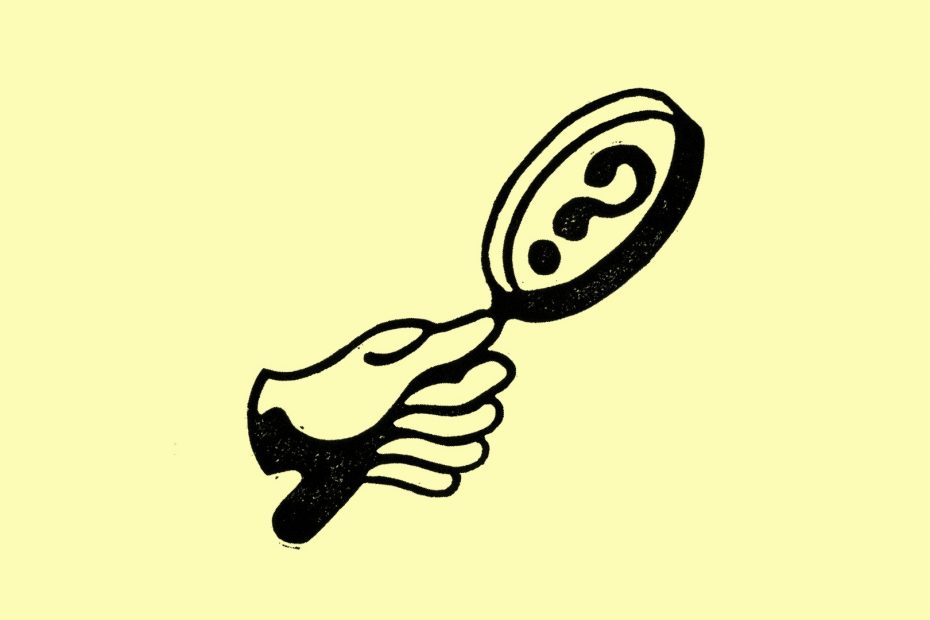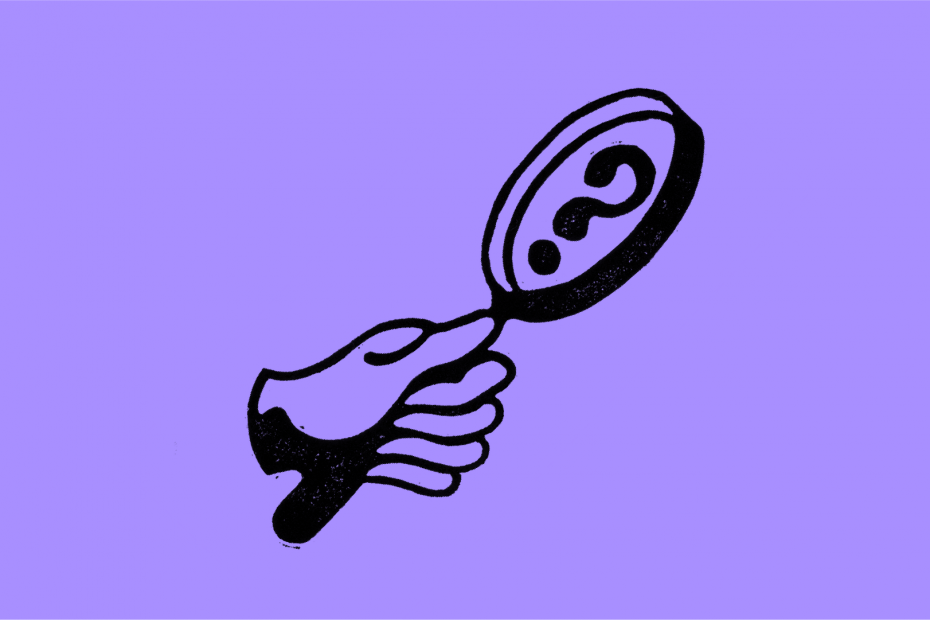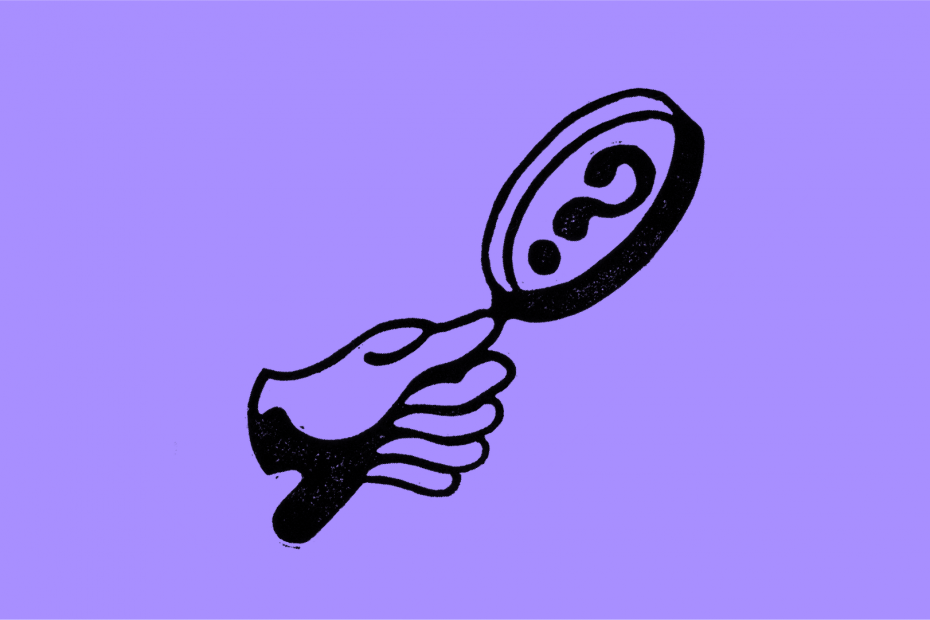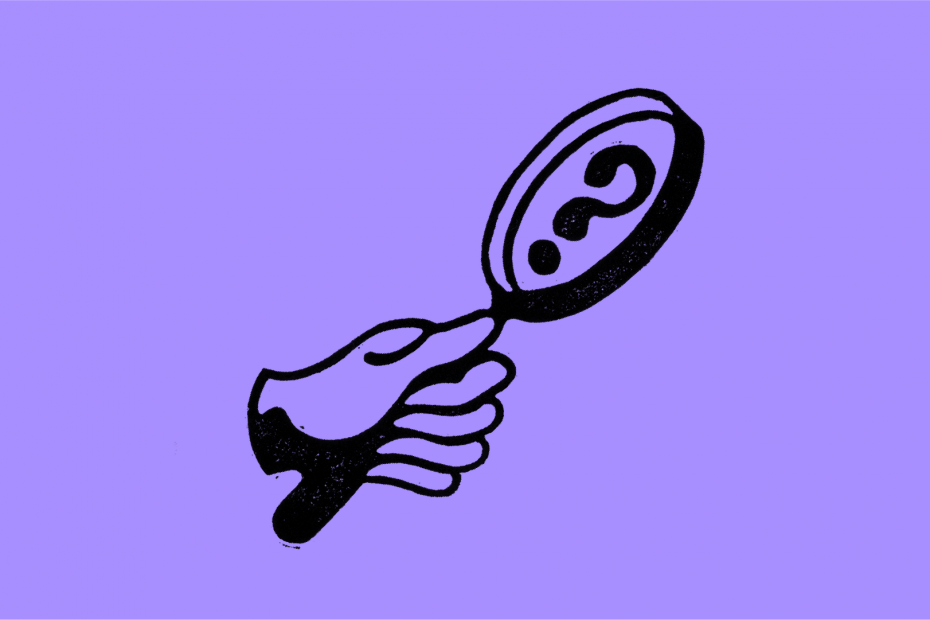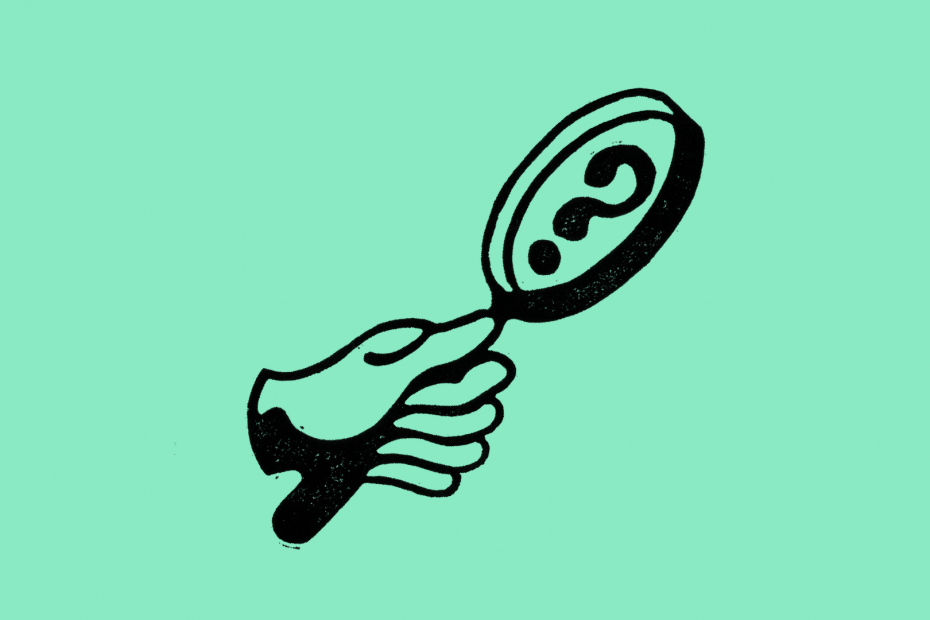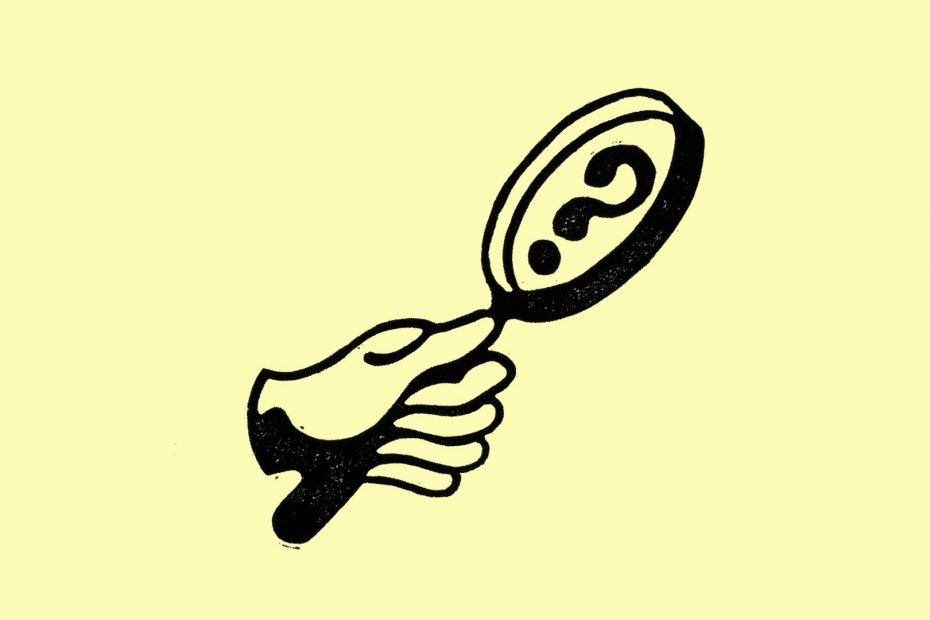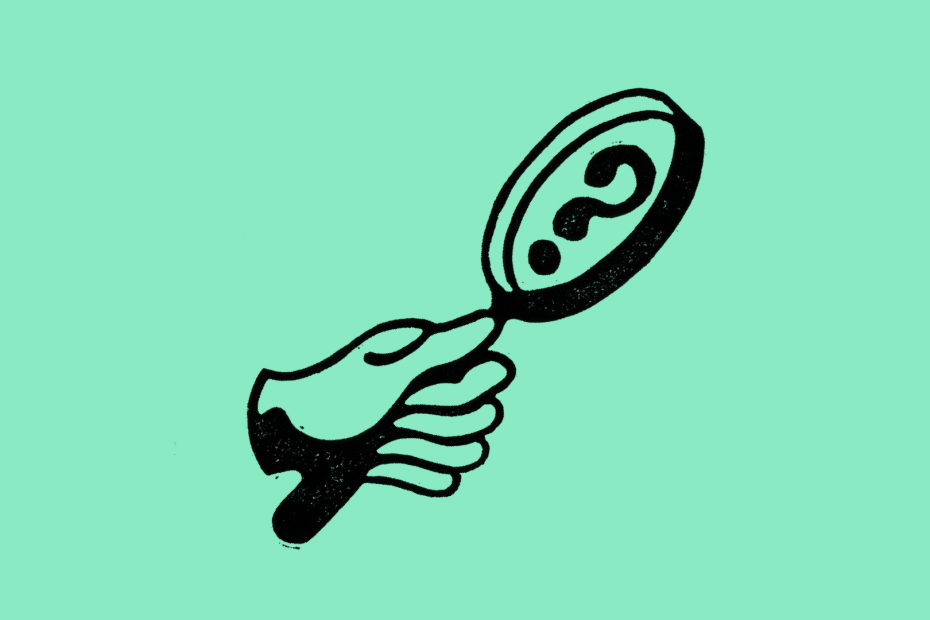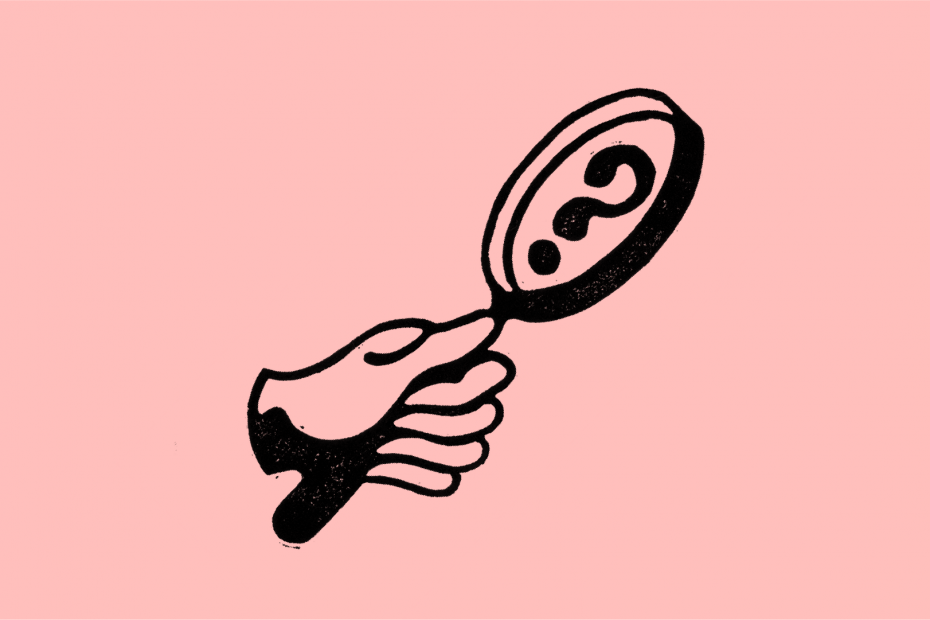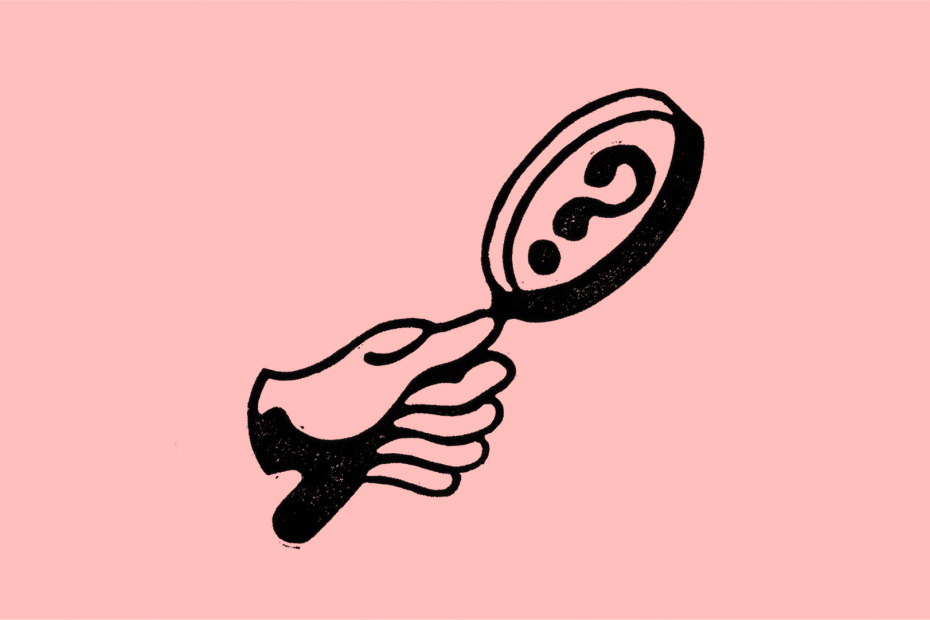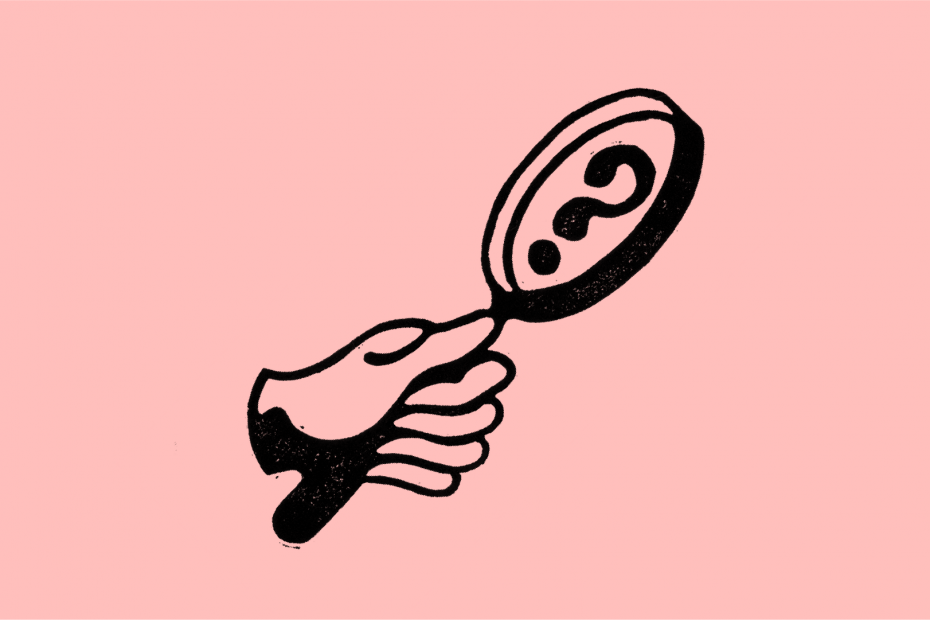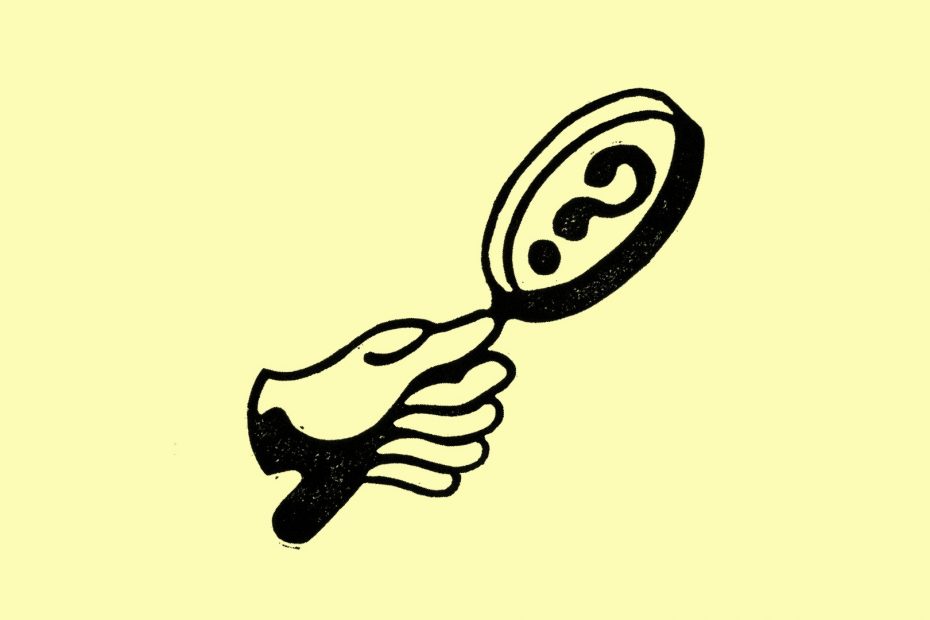Today’s Atlantic Trivia: What State Is the Union In?
Updated with new questions at 3:05 p.m. ET on February 24, 2026.
If you put any stock in the ability of IQ tests to assess intelligence, we humans have spent the past century steadily getting smarter. (And if you don’t put any stock in them, well, we humans have steadily gotten better at IQ tests.)
Because IQ is a standardized measure, humankind’s average score still sits at 100—but this isn’t your granddaddy’s 100.


